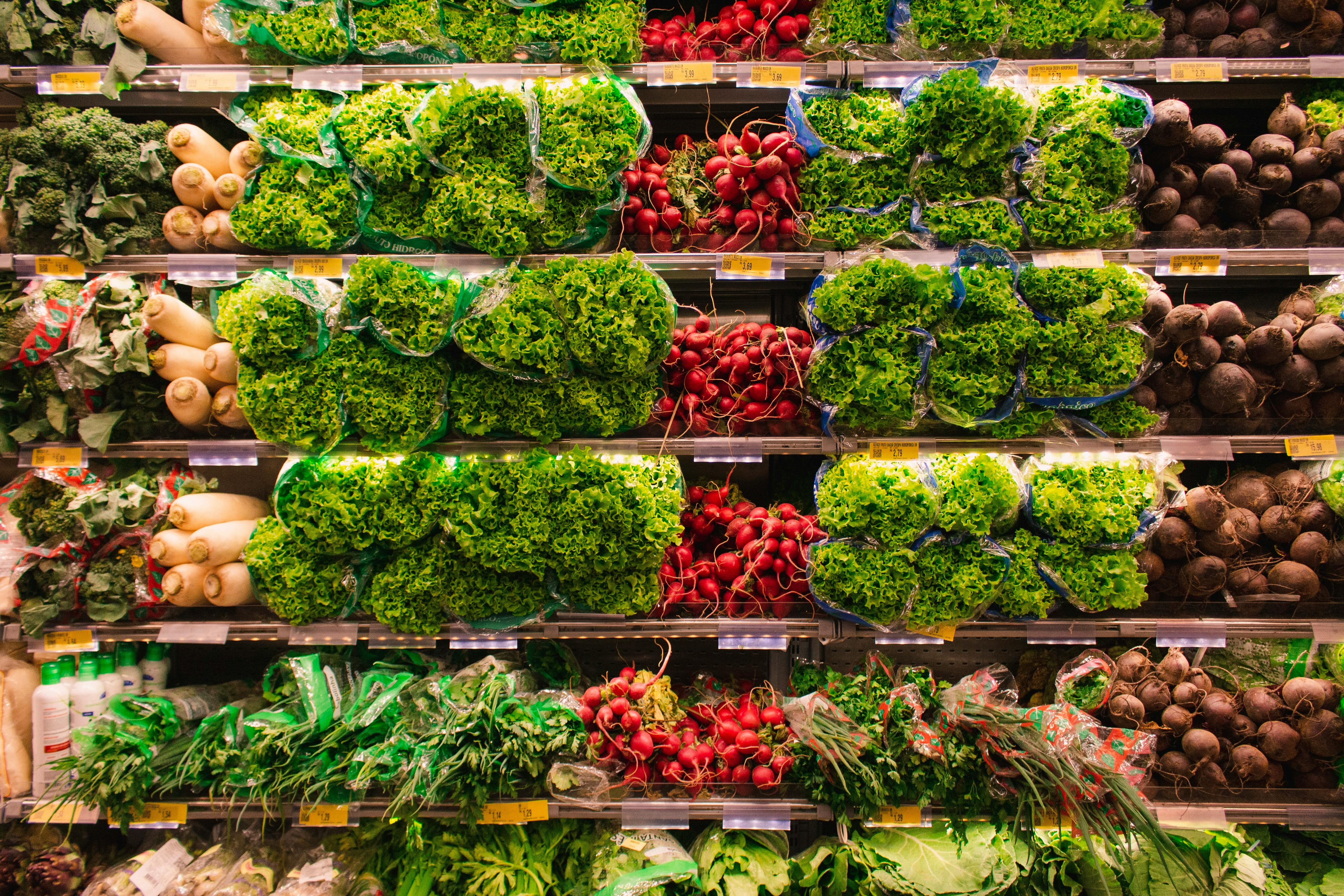

Author: GAURANG GARVIT
Published on-
08 November 2024
Adapting to Consumer Trends: Machines for Alternative and Plant-Based Foods
Adapting to Consumer Trends: Machines for Alternative and Plant-Based Foods
As consumers increasingly embrace sustainable and ethical food choices, the demand for alternative protein sources, plant-based foods, and lab-grown products is rising sharply. In response, food manufacturers are turning to innovative machinery tailored to the unique requirements of alternative food production, driving efficiency and scalability in this fast-growing sector. According to industry forecasts, the global plant-based food market is projected to reach $74.2 billion by 2027, with a compound annual growth rate (CAGR) of 11.9%. This shift toward plant-based diets is not only reshaping consumer habits but also transforming food manufacturing processes.
1. Extruders for Plant-Based Proteins
Extrusion technology is at the heart of plant-based meat production. High-moisture extrusion (HME) and low-moisture extrusion (LME) processes create textures and fibers similar to animal proteins, making plant-based meat alternatives more realistic. Extruders enable manufacturers to control parameters such as temperature, pressure, and shear force, producing versatile plant-based proteins from raw ingredients like soy, peas, and wheat. Companies like Clextral are advancing this technology, providing high-capacity twin-screw extruders that achieve optimal texture while maintaining nutritional quality.
Fact Check: Research by Future Market Insights indicates that the market for meat substitutes will grow to $13 billion by 2030, driven largely by extruder-based products that replicate meat texture and flavor.
2. Bioreactors for Lab-Grown Foods
Lab-grown or cultured meat is produced through cell cultivation, a process requiring highly specialized bioreactors. These machines provide controlled environments where animal cells can grow and differentiate, eventually forming tissue that resembles traditional meat. Companies such as Memphis Meats and Mosa Meat are pioneering bioreactor technology, with recent breakthroughs in scalability that make lab-grown meat a viable option for the market. Bioreactors are also used to develop plant-based dairy products by culturing cells that produce milk proteins, which are then used to make cheese, yogurt, and other dairy alternatives.
Fact Check: The cultured meat industry is expected to reach $25 billion by 2035, according to McKinsey & Company, driven by consumer interest in cruelty-free and environmentally friendly meat alternatives.
3. High-Pressure Processing (HPP) for Plant-Based Ingredients
High-pressure processing (HPP) is increasingly used in the production of plant-based foods to extend shelf life without compromising quality. By using high-pressure rather than heat to pasteurize foods, HPP ensures that plant-based products retain their nutrients, flavor, and texture. This technology is particularly beneficial for plant-based dairy alternatives, smoothies, and cold-pressed juices, which require minimal processing to meet consumer expectations for freshness. Hiperbaric, a leader in HPP machinery, supplies processors with state-of-the-art equipment to meet high-capacity demands while preserving the integrity of natural ingredients.
Fact Check: According to Grand View Research, the HPP equipment market is expected to grow at a CAGR of 11.7% from 2023 to 2030, propelled by demand for minimally processed and nutrient-rich foods.
4. Pulse Electric Field (PEF) Technology for Nutrient Retention
PEF technology is being adopted in the plant-based food industry to improve nutrient retention and extraction efficiency. PEF machines use short bursts of high voltage to alter cell membranes, which enhances the extraction of valuable compounds like proteins, oils, and vitamins from plant ingredients. This technology is especially relevant for the production of plant-based oils, juices, and protein-rich products, as it minimizes the loss of nutrients during processing. Companies like Elea provide PEF systems that are not only efficient but also energy-saving, making them a sustainable choice for large-scale plant-based food processing.
Fact Check: Studies show that PEF technology can increase juice yields by up to 20%, making it a popular choice in sustainable food production processes, as noted by the European Food Research and Technology Journal.
Conclusion
With the surge in demand for alternative and plant-based foods, innovative machinery plays a critical role in meeting production requirements while ensuring high-quality, sustainable products. SeekFactory stands ready to assist manufacturers in implementing these advanced solutions, helping them stay at the forefront of consumer trends with machinery tailored for efficiency and scalability. For more information, contact us at:
- Phone: +86 15257533672 | +91 8800705813 | +86 15900994467
- Email: info@seekfactory.com
to explore how our expertise can support your journey in the alternative food market.

